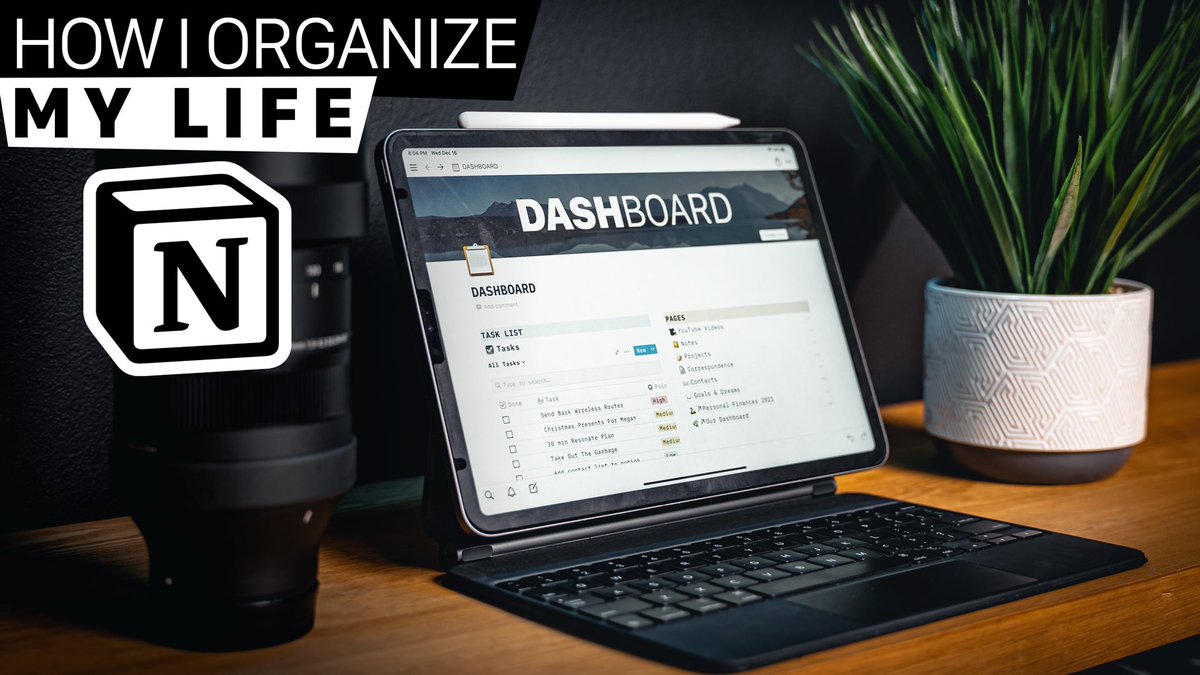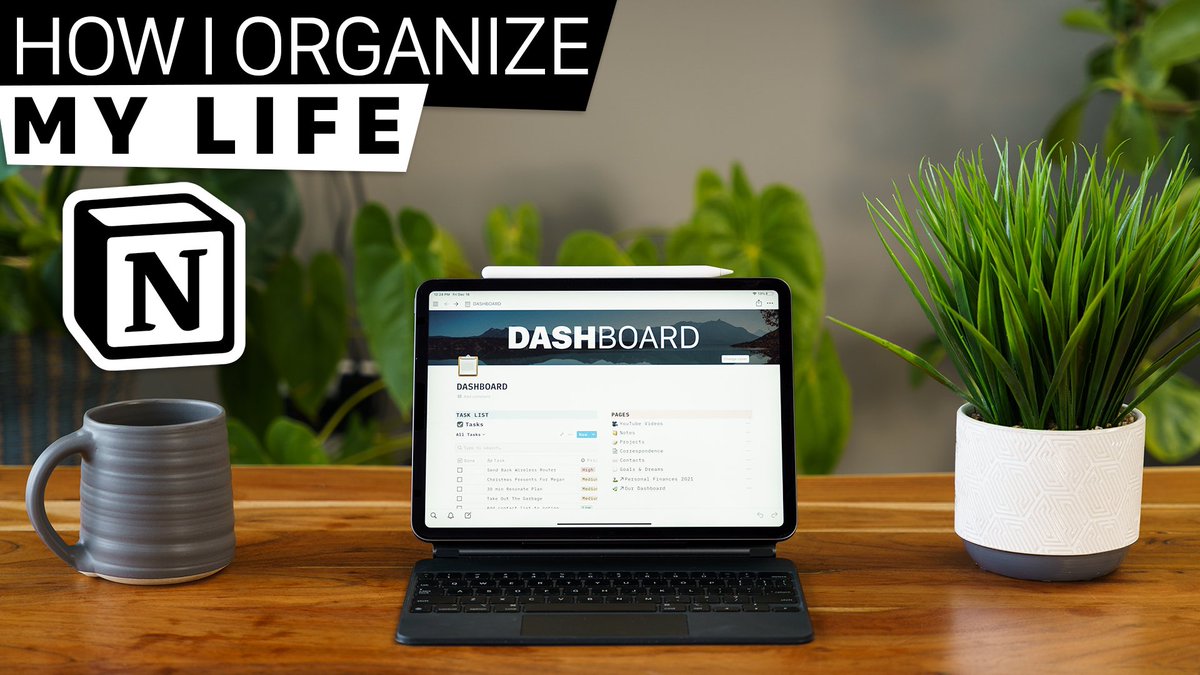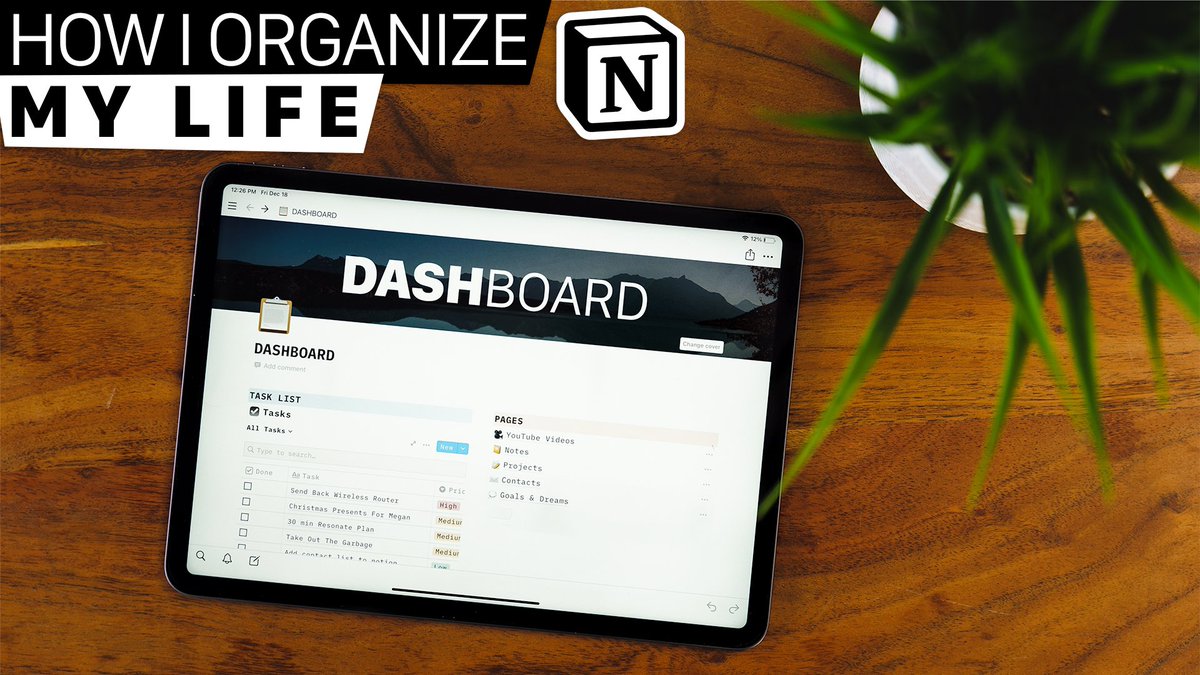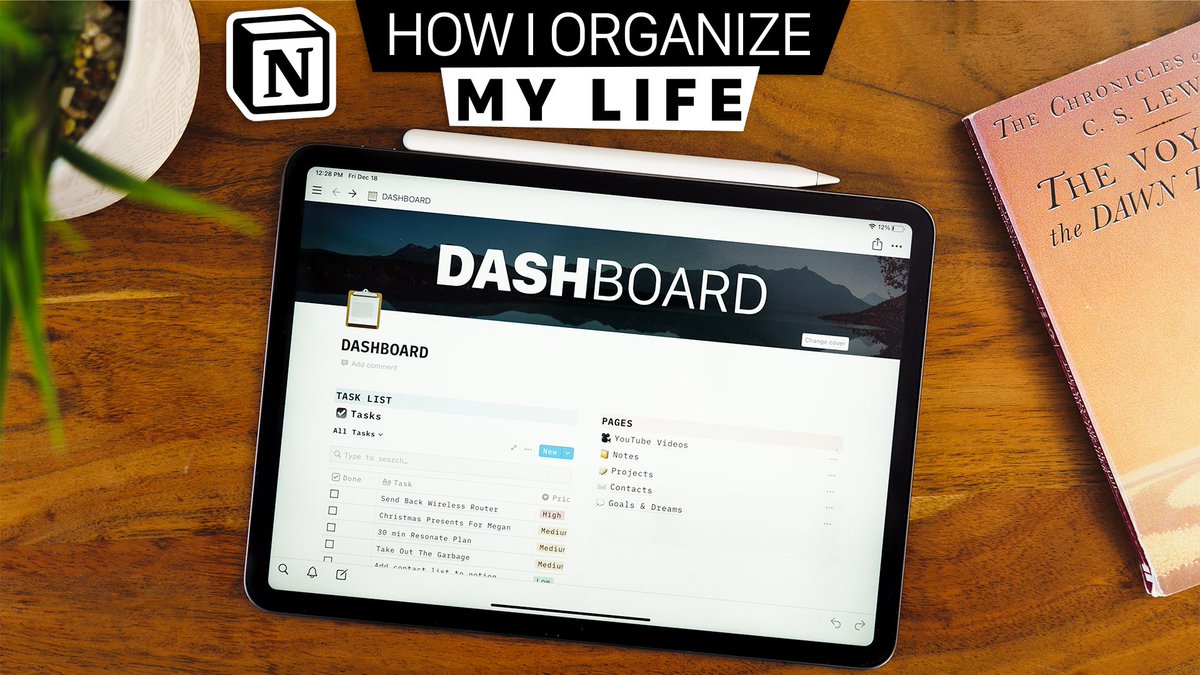-
-
-
-
-
-
Password protected livestream
Hello! I'd love to be able to create a password-protected livestream. I'm imagining the simplest possible ui for this, which is just to prompt the visitor to enter the password when they first land on the web page. The primary use case would be to provide members-only livestreams for Patreon/etc, or private group streams for things like family video watch parties. In particular that means:continue reading... -
-
-
-
-
-
-
-
-
-
-
-
-
-







